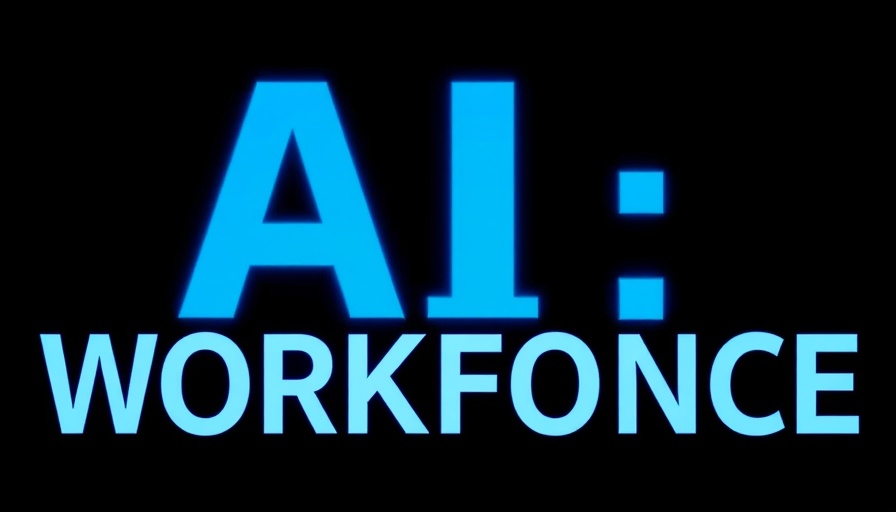
Amazon's Evolving Workforce: The Signal of Change
In a thought-provoking memo to employees, Amazon CEO Andy Jassy has outlined a clear trajectory towards further integration of artificial intelligence (AI) into the company’s operations. The message, while couched in terms of "efficiency gains" and "rebalancing," suggests a profound impact on employment, particularly within the corporate workforce. As Jassy highlights, the future will likely see a reduction in human workers as the company embraces generative AI and intelligent agents.
The Shift to AI: A New Corporate Norm?
This call for a leaner workforce isn’t unique to Amazon. A recent Wall Street Journal report noted that US public companies have scaled back their white-collar employees by an average of 3.5% over the past three years. Strikingly, this contraction happened even as profits soared, raising questions about labor efficiency in the era of AI. Jason Lemkin, a technology entrepreneur, candidly remarked that many executives report they no longer require 30% to 40% of their teams due to AI advancements.
Rethinking Roles: The Importance of Human Judgment
As companies increasingly prioritize AI utilization, roles traditionally filled by middle managers are coming under scrutiny. Paul Roetzer, founder of the Marketing AI Institute, points out that the ability to evaluate AI outputs critically and provide quality feedback is becoming paramount. He shared an insightful example from his organization where an AI-generated report's credibility hinged on a human evaluator’s seasoned perspective. While the intern's training in source verification brought a valuable skill, it was the experienced employee who added depth to the evaluation process.
Forecasting the Workforce of Tomorrow: What Employees Should Expect
Looking ahead, professionals in various sectors must be prepared for a fundamental transformation in their roles. As AI tools grow in capability, the necessity to adapt and acquire new skill sets becomes vital. Jassy’s insights suggest that the jobs of the future will not simply be fewer but also require different skill sets that align with the sophisticated demands of AI integration.
Broader Implications: AI's Impact on Business Culture
Jassy's candid agenda is a reflection of an industry-wide trend, where the adoption of AI technologies is leading to both opportunity and challenge. Companies can streamline operations and cut costs but must grapple with the ethical implications of workforce reduction. This creates an urgent discourse about the future of work, the need for upskilling, and the societal responsibilities of companies as they pivot towards AI. This transformation reflects a cultural shift within corporate America that accepts AI not only as a tool but as a driver of change.
Empowering Employees: Preparing for the AI Wave
For current and prospective employees, the focus should now be on upskilling and staying relevant in an AI-centric job market. Emphasizing qualities like creativity, critical thinking, and emotional intelligence will be key as these attributes become distinctly human and irreplaceable in a world increasingly shaped by algorithms.
In summary, Amazon's shift towards artificial intelligence highlights a clear trend within corporate America where efficiency may trump human resourcefulness. As the landscape evolves, balancing AI efficiency while maintaining a meaningful workforce will be crucial for sustainable corporate practices.



 Add Row
Add Row  Add
Add 

Write A Comment